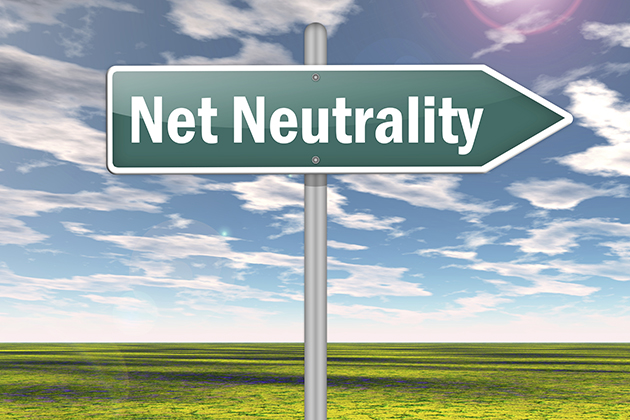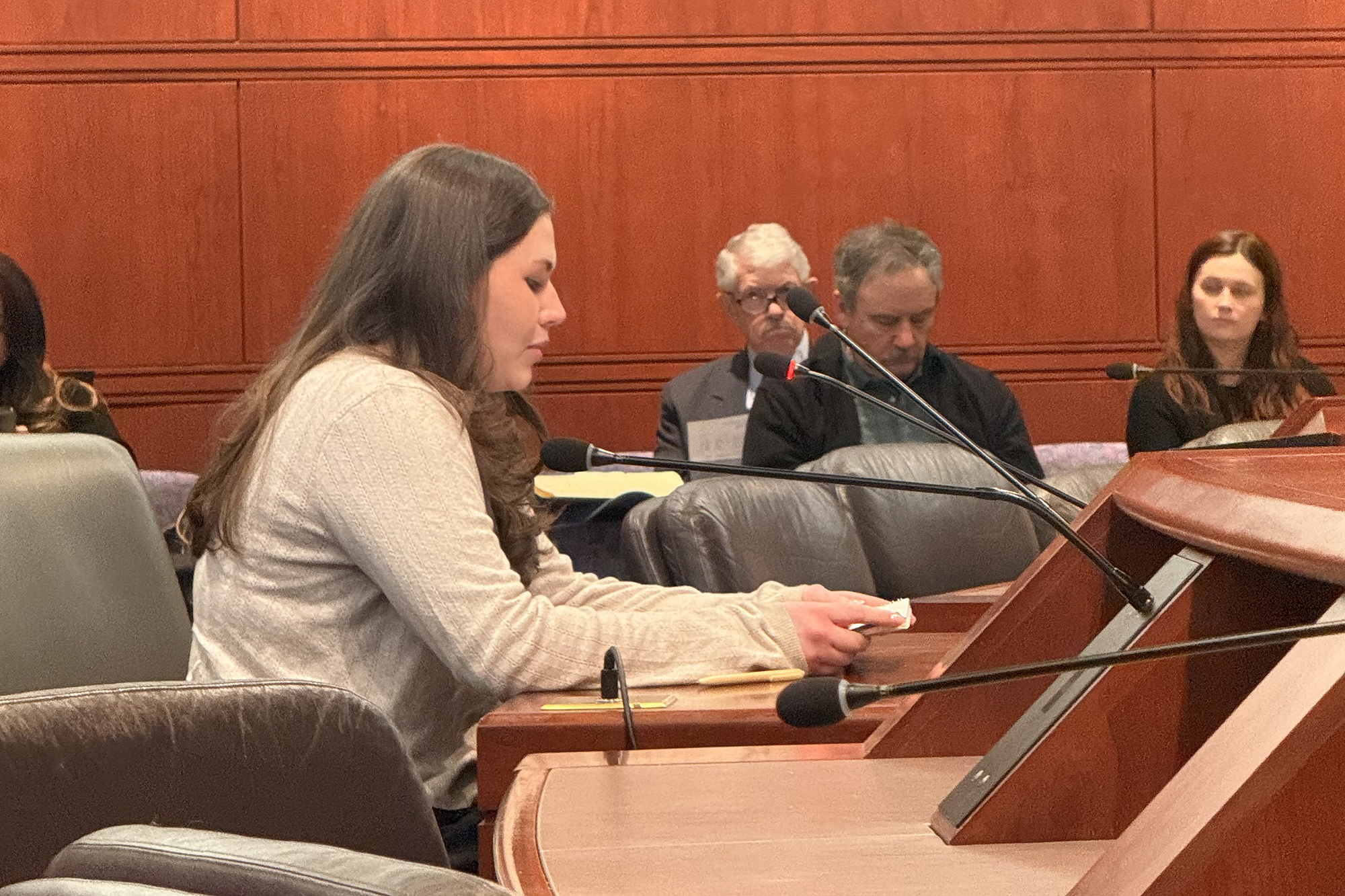 The Federal Communications Commission (FCC) today is expected to formally pass its fourth set of regulations on broadband internet service known as “net neutrality.”
The Federal Communications Commission (FCC) today is expected to formally pass its fourth set of regulations on broadband internet service known as “net neutrality.”
Up until now, the companies that provide internet services have been left alone to decide how to handle, and charge, for that service. By voting to classify broadband internet service as a telecommunications service, those companies or internet service providers, will be subject to the same regulatory authority the FCC now holds over telephone calls.
UConn Today asked Steven Wilf, Anthony J. Smits Professor of Global Commerce at UConn’s School of Law, for his views on the FCC’s move to treat Internet providers as common carriers. Professor Wilf teaches Intellectual Property Law and a variety of seminars on the regulation of knowledge. This year he introduced a new seminar on Digital Copyright Law.
The FCC is about to fundamentally change the way it oversees high-speed Internet service, proposing to regulate it as a public utility. What does the net neutrality proposal do?
Net neutrality bars internet service providers from discriminating in charges based on the type of customer or the particular content of the material communicated. This means that internet service cannot be made more rapid for certain private companies that pay for this competitive advantage in delivering content. Nor can it be slowed for disfavored uses, such as peer-to-peer file sharing as a means of creating disincentives. The question is whether internet bandwidth capacity—the ability to deliver information across the internet—will be treated in the same way as we do common carriers or utilities with limitations on how those delivering the service can structure their pricing.
Advocates for net neutrality say they don’t want the FCC setting prices for Internet providers, but what’s to prevent a future FCC from seeking to set prices for high-speed Internet service?
In legal terms, net neutrality will be implemented through Title II of the Federal Communications Act of 1934. The FCC’s authority most likely should be seen initially as gathering information on network practices and fielding complaints about abusive altering of delivery speed. In fact, we have seen how the FCC operates in this area since 2010 when it published the Open Internet rules. The FCC will not be imposing prices from the outset. Its role largely will be to intervene when obligated under net neutrality rules to prevent the setting of certain variable pricing structures.
Internet speeds in the US are among the fastest in the world; more than 90 percent of American households are served by connections speeds of 100 megabits per second. (Streaming a Netflix movie on the ultra-high definition mode require a connection of only 25 megabits per second.) All of this thanks to private enterprise that poured $75 billion into building the broadband network. If the Internet has worked so well since its inception, why do we need the government to regulate it?
While the United States has slightly over double the average internet speed, it actually is not among the fastest in the world. A glance at the statistics on internet speed shows, for example, the Netherlands—which was the first European country to adopt net neutrality—is a world leader in internet speed with faster delivery of content than the United States. The proposed net neutrality rules are less the imposition of government regulation than an interceding to prevent a limited number of private internet providers. Whatever legal decisions are made about how we wish to regulate rent seeking charges for service on the internet we still face challenges in how we plan to pay for constantly upgrading network infrastructure such as fiber-optic cables.
Won’t imposing new regulation on the Internet industry promote endless litigation that primarily benefits lawyers and negatively impacts internet innovation and investment as companies and investors try to figure out what provision do or do not apply under the new rules?
The situation that prevails at the moment is uncertainty. Businesses have found it difficult to know how much they can invest in internet delivery infrastructure, how to accommodate variable demands on bandwidth, and how to design pricing structures. As with any new legislation, there will be a period when both the administrative agency and private parties try to figure out the prevailing rules. No doubt there also will be legal challenges to the FCC’s authority. However, in this particular instance the doubt about how the FCC will operate should be circumscribed. Net neutrality has been the prevailing practice in internet delivery, and the FCC has already been involved in trying to limit discriminatory delivery by providers.
Rigorous enforcement of antitrust laws can prevent dominant Internet service providers from the practice of price discrimination. Isn’t strong antitrust enforcement superior to creating new regulations of the Internet?
Antitrust laws are intended to preserve competition by preventing anti-competitive behavior. The argument for using antitrust regulation to prevent abusive pricing structures on the internet is that such abuses are an occasional occurrence. Moreover, using an antitrust model, rather than an administrative regulatory model as exemplified by the FCC, might allow private companies to pursue diversity in pricing, operability, and technological innovation. There is much to be said for this approach. But we do not have the kind of stark choice identified in the current Congressional debates: FCC regulation versus antitrust.
What I think—and I hope—will emerge is a form of minimal regulation at the FCC level. FCC overreach will be carefully monitored by Congress. The agency should limit its imposition of standardization and interoperability in ways that might repress new, innovative models of internet architecture. This would leave the instances of troubling diversity—when new forms are used to limit competition and raise prices—to be dealt with through antitrust suits launched by the Department of Justice.



